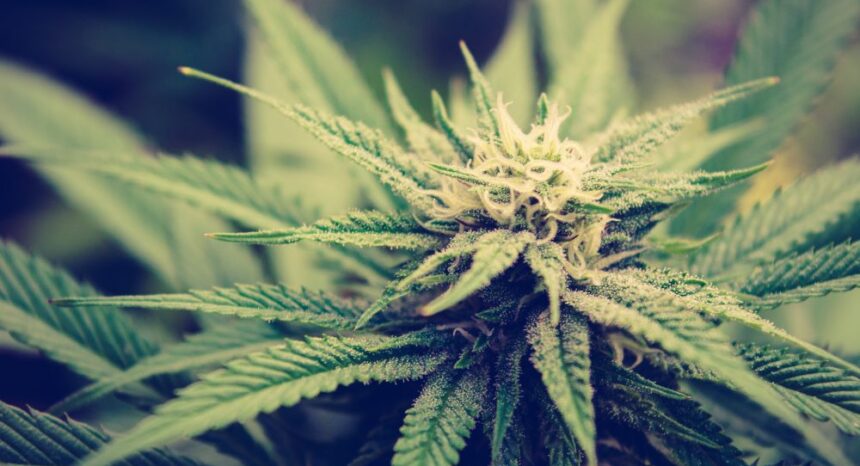A new working paper from scholars at the University of Connecticut and Georgia State University finds that alcohol sales decreased in states that have legalized medical marijuana since 2006.
As of late 2017, medical marijuana is legal in 29 states and the District of Columbia; recreational marijuana is legal in eight states and D.C. But federally, the drug is illegal.
As voters increasingly move to legalize marijuana, both medically and recreationally, researchers have analyzed outcomes, including changes in crime rates and traffic crashes in the United States.
Another area of research focuses on the relationship between marijuana and other substances. Studies have considered whether marijuana is a complement or substitute for alcohol. If it is a substitute, that means people use marijuana instead of alcohol. If the substances are complementary, one might expect someone who uses marijuana more often to drink more also. Previous findings have been mixed, but this working paper indicates that marijuana is a substitute for alcohol, and not a complement.
The authors looked at monthly purchases of alcoholic beverages in grocery, convenience, drug and “mass distribution” stores in over 2,000 U.S. counties from 2006 to 2015. They compared sales between counties in 14 states that enacted medical marijuana laws within that time period with those that had no change in medical marijuana laws — that is, the states either legalized the substance prior to the study period, or did not legalize it at all. They focused on purchasing habits during the 18 to 24 months before and after medical marijuana laws went into effect.
They found:
- For counties in states that recently enacted medical marijuana laws, monthly alcohol sales decreased by 15 percent compared to control counties. The drop in sales began immediately after laws were implemented and continued throughout the study period.
- Sales of both alcohol in general and beer and wine specifically declined in states with legal medical marijuana.
- The research team also looked at how sales in bordering counties in particular differed. Alcohol sales were 20 percent lower in counties with recently enacted medical marijuana laws than in neighboring counties without such provisions.


Expert Commentary